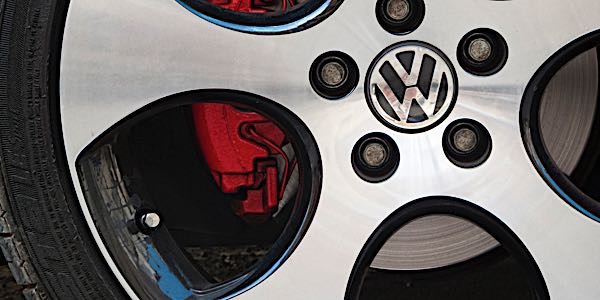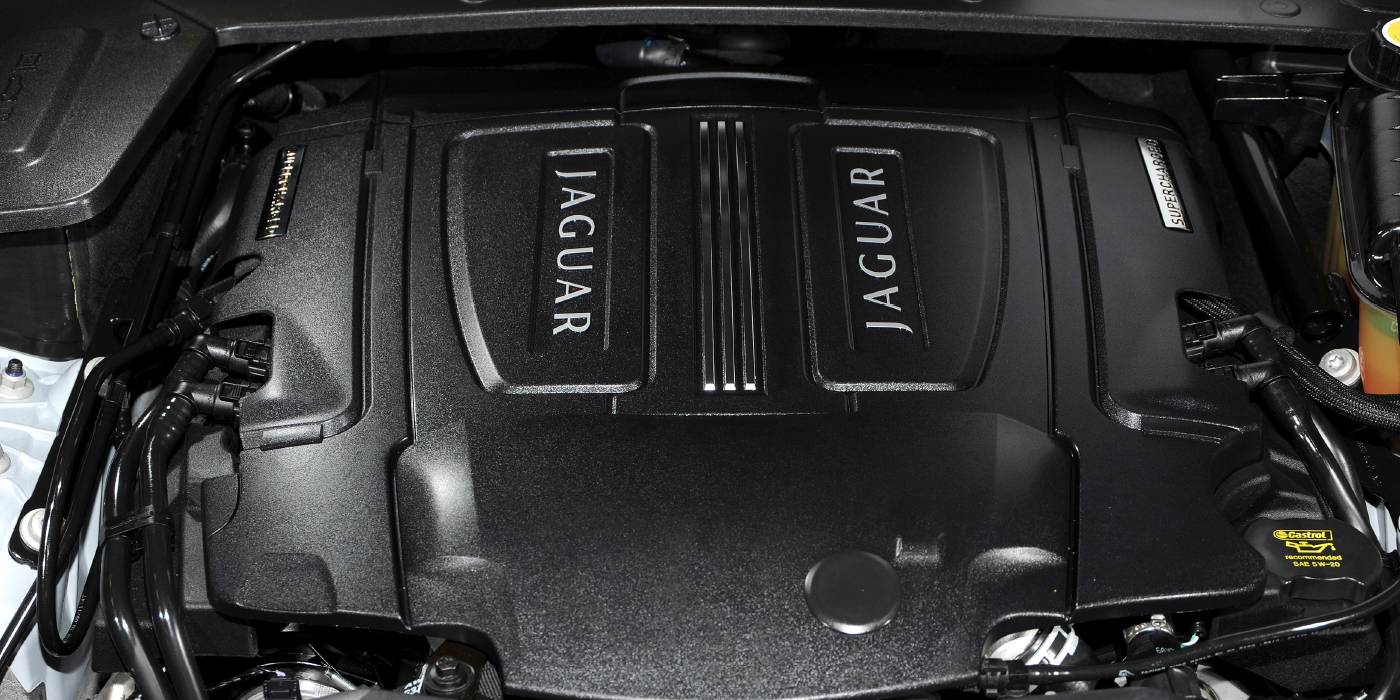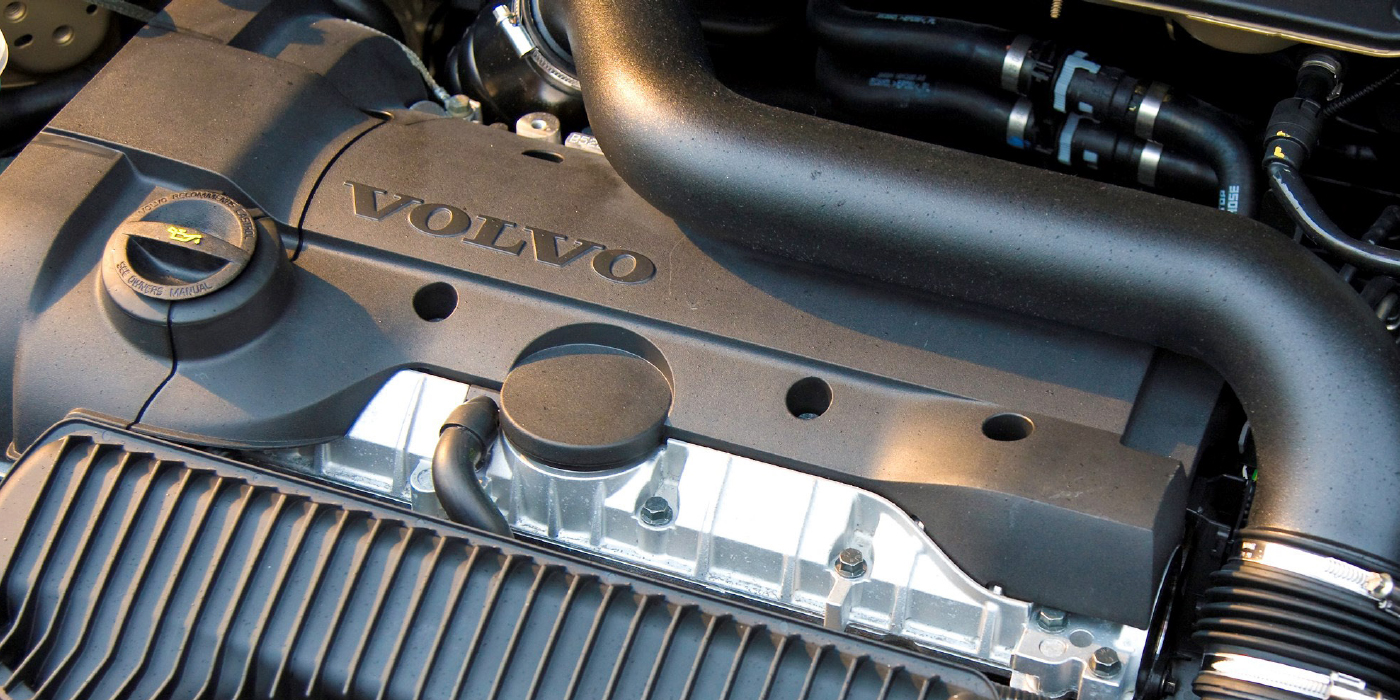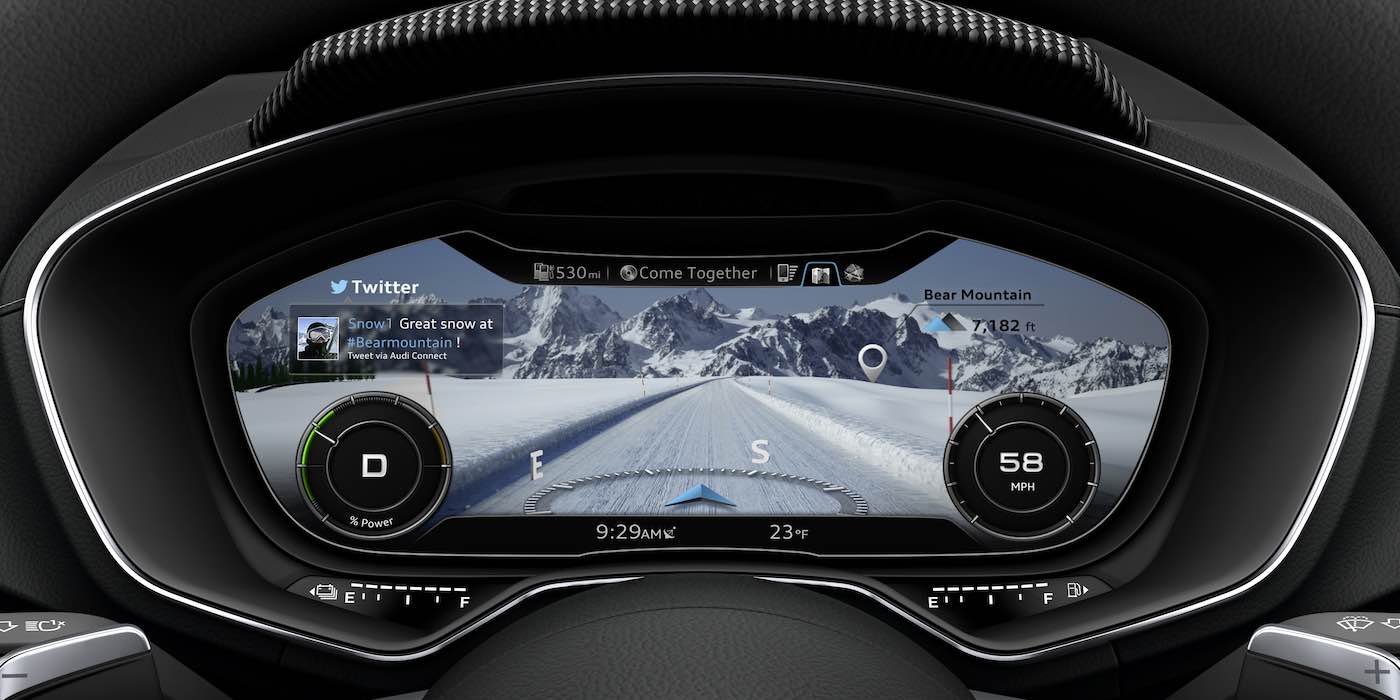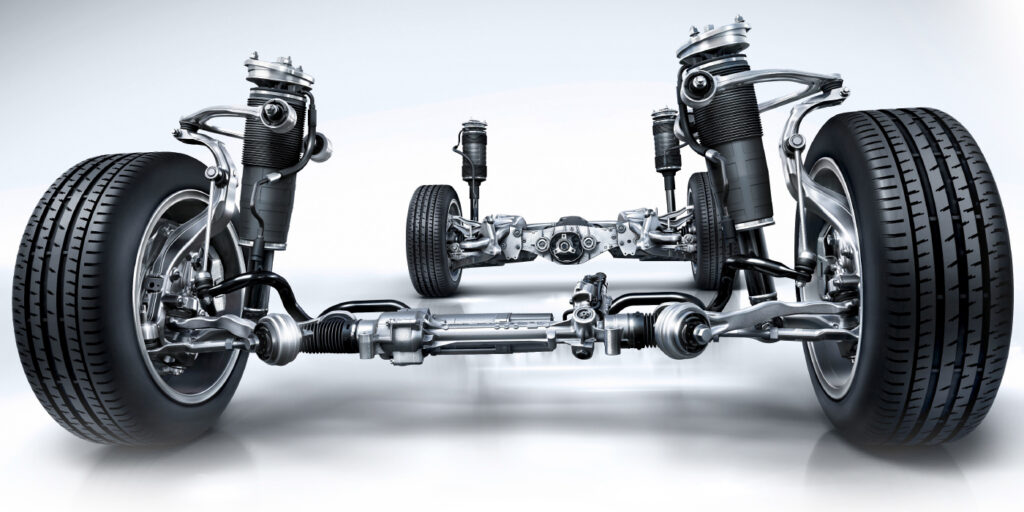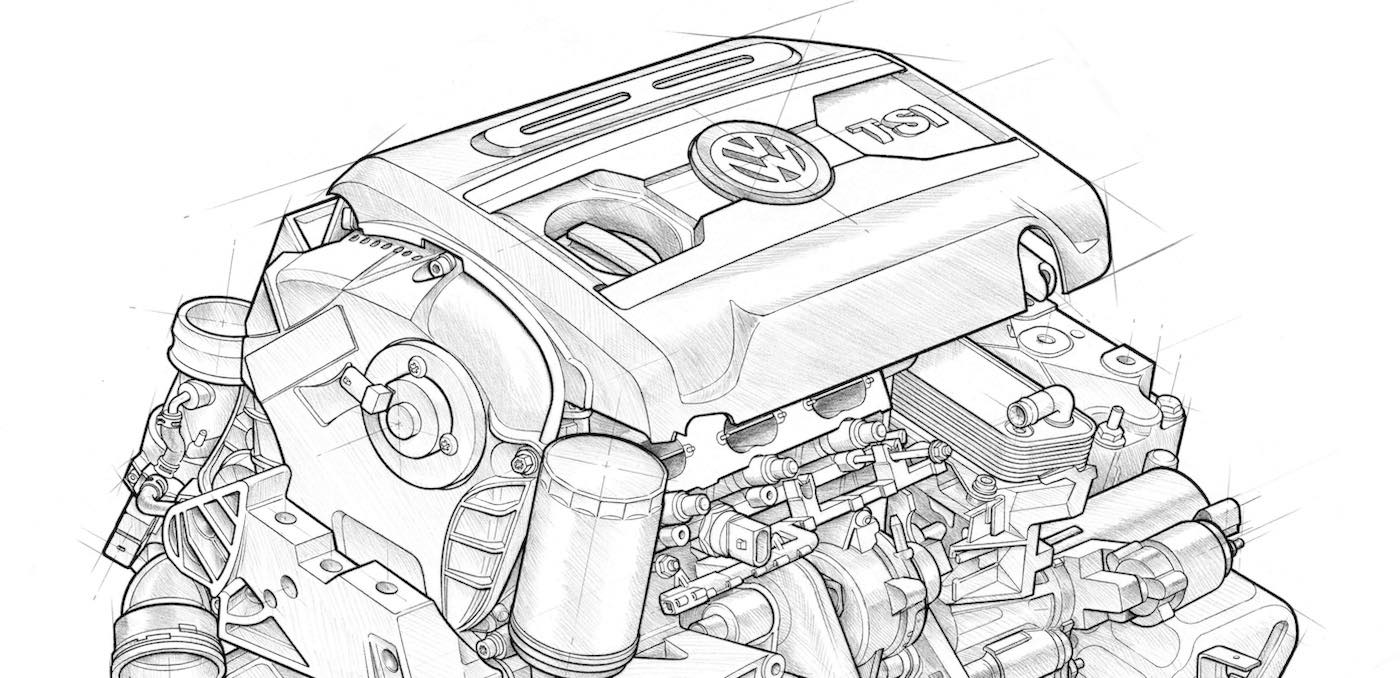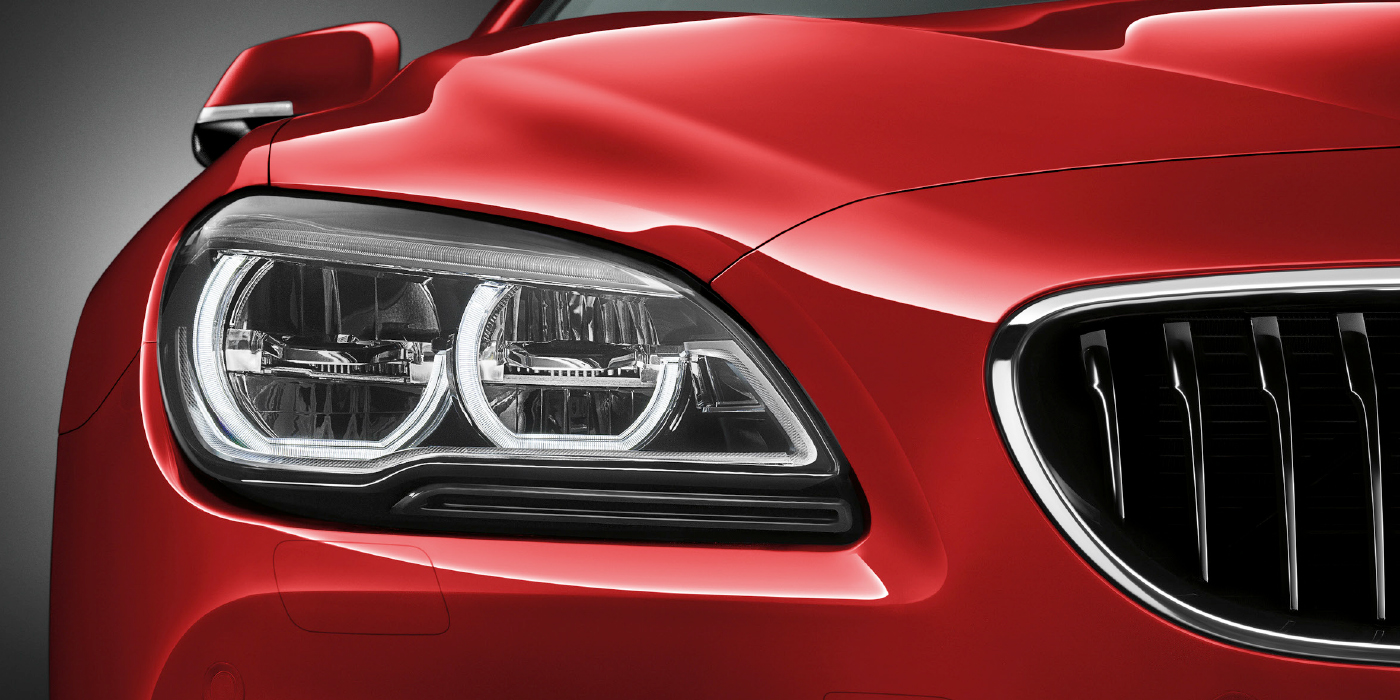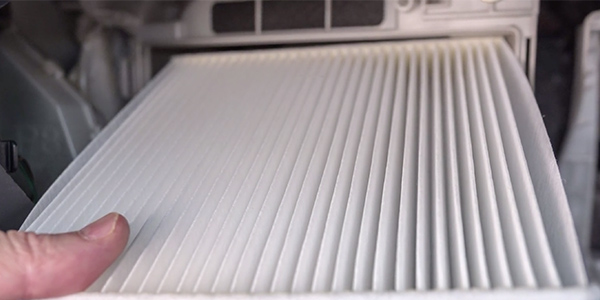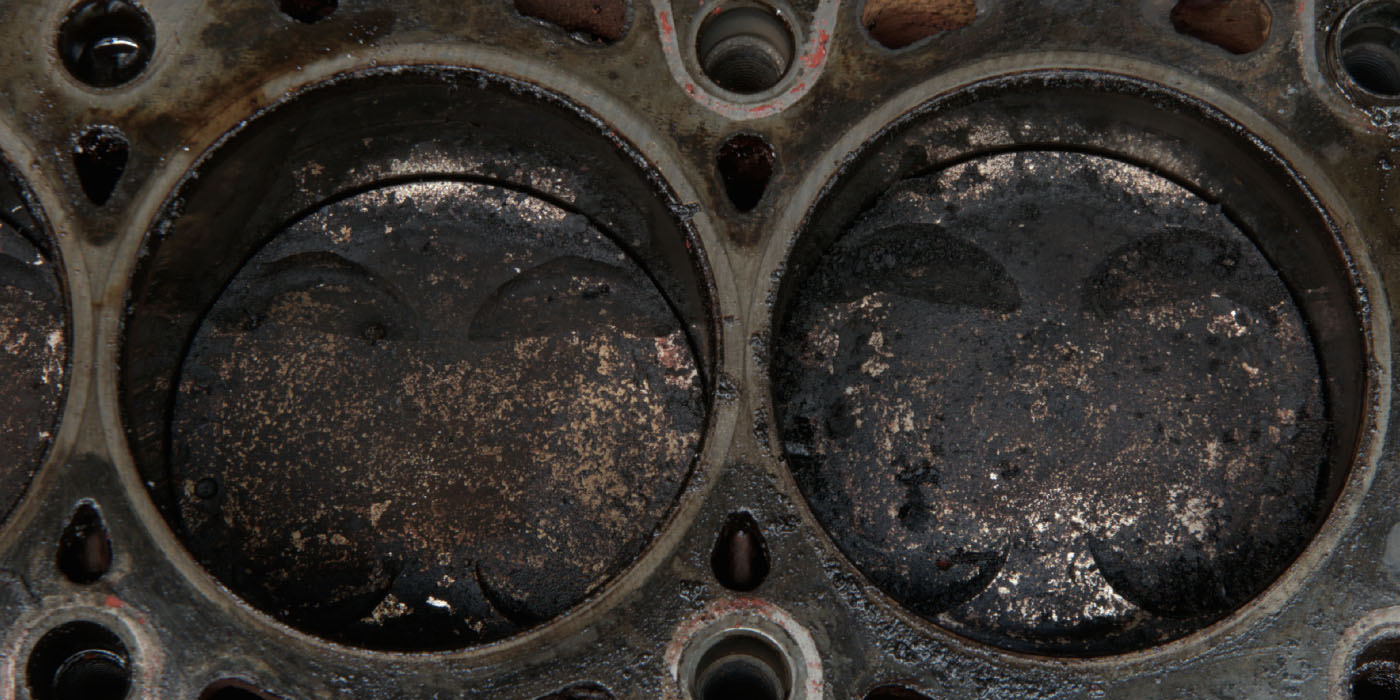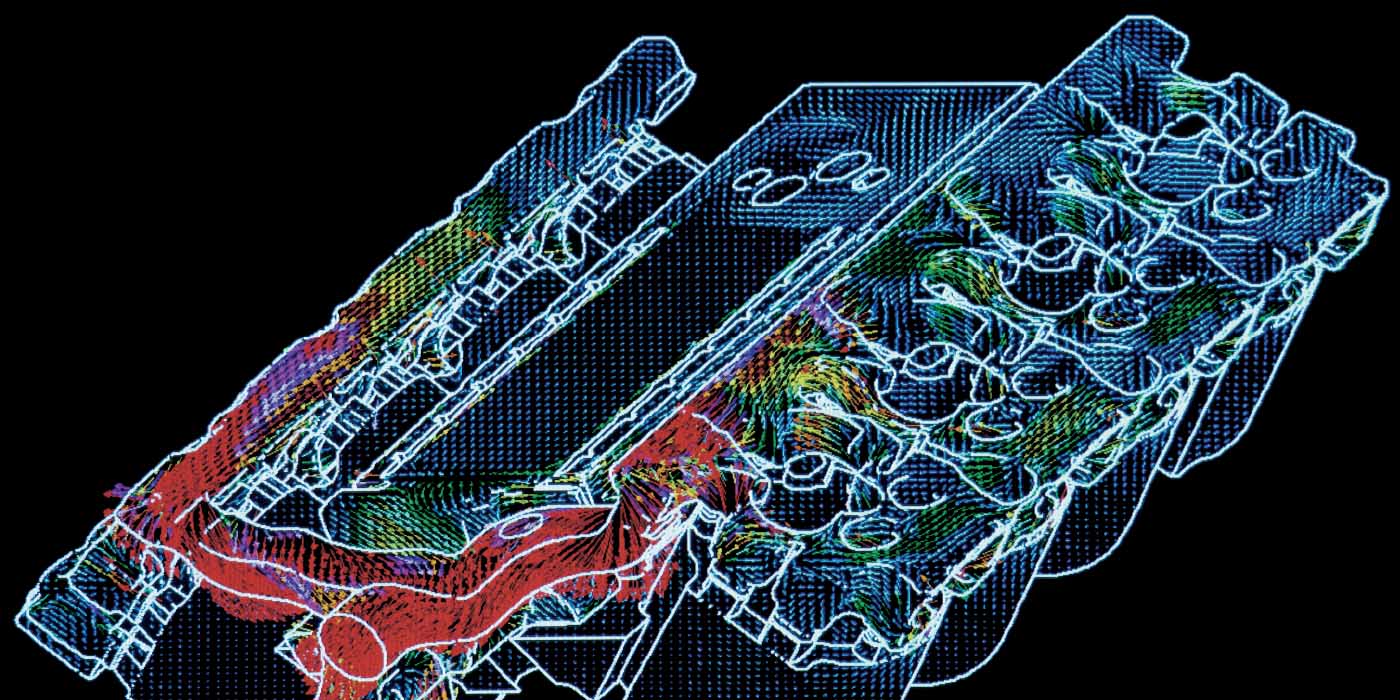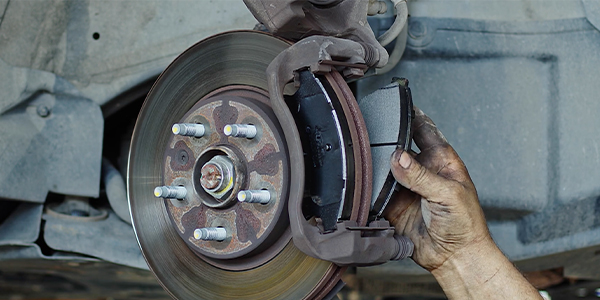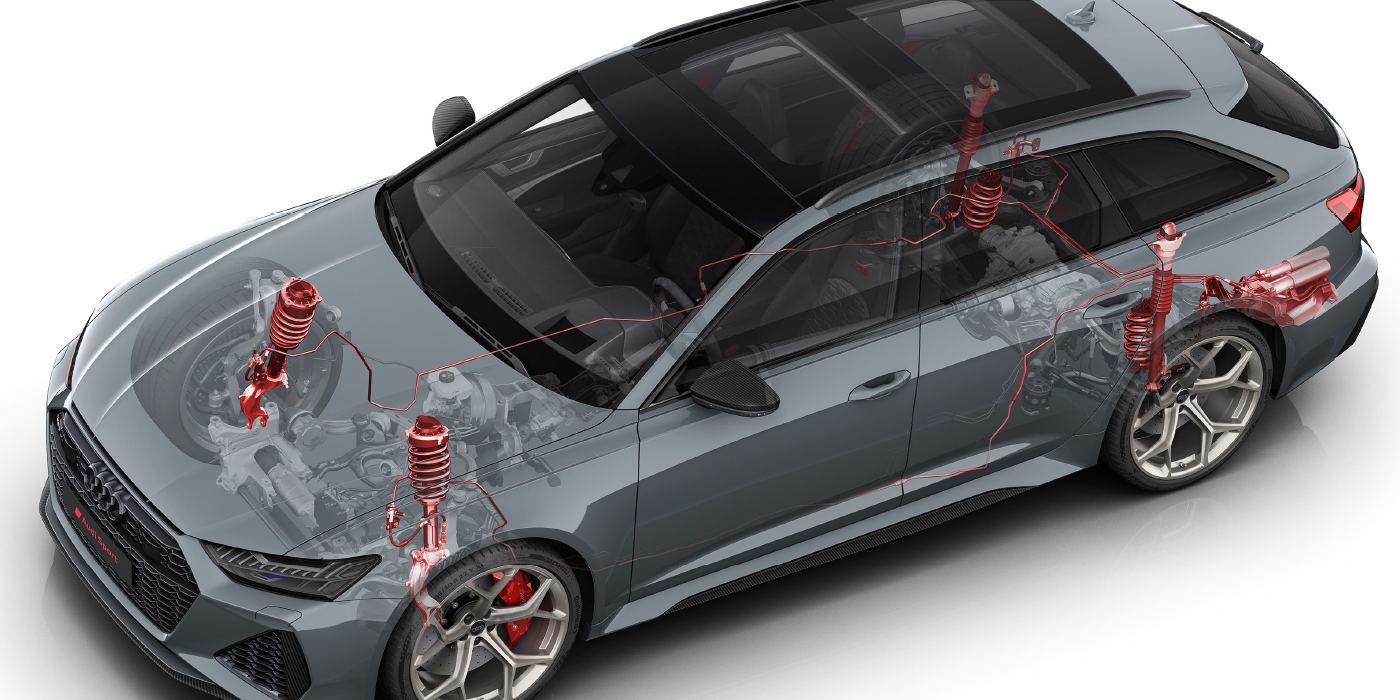The A5, or MK5, Jetta is one of the most common Volkswagens on the road. The brake system does not differ greatly from the previous platform, but it does have a few quirks.
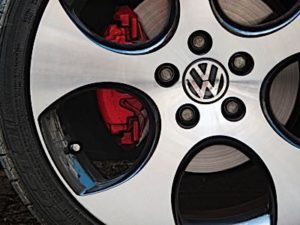
Rear Brake Pad Wear
The rear pads and rotors will typically wear out faster than the front brakes. The Volkswagens of this generation have electronic brake distribution, and under normal stopping conditions, the system will use the rear brakes more than the front. This prevents nosedive and makes for a more pleasant braking event. There is no cure for this condition. According to the repair information, Volkswagen has not released an updated calibration for the system. The front pads have electronic wear sensors, but the rear pads on most models do not.
Rear Parking Brake Cable Adjustment
If the caliper piston has to be retracted, it must be turned completely to the bottom of the bore to have the correct positioning for cable adjustment. The gap between the lever at the back of the caliper and stop at the rear caliper should be between 0.5 and 1 mm, and the brake handle should have immediate tension when pulled. If there is no tension, expect a knocking noise when it’s driven over bumps. The equalizer bar and adjuster are under the center console, which is not easy to remove.
Take It Easy With Pressure Bleeding
When pressure bleeding an ABS braking system, be sure not to exceed 1 bar (14.7 psi) of pressure. Pressure over 1 bar will cause the change-over valve in the EDS unit (traction control valve in the modulator body) to close, which will not allow the inner circuit of the brake system to bleed.
No Start
The brake pedal must be depressed in order to start Jettas from 2008 to present with automatic transmissions. If you get a Jetta with a no-start condition in your shop, check the brake pedal switch.
Pulsation Solution
Volkswagen owners may complain of a pulsating brake pedal when applying the brakes at highway speeds. The pulsation may also be felt as a vibration in the vehicle body or wheel. The cause may be improperly machined brakes and lateral runout that was not eliminated. The condition may not be felt until several months after the brakes are machined. To correct the problem, measure the rotors for runout and thickness variation and correct with an on-the-car lathe.
Creaking While Braking
Some Jettas may exhibit a creaking noise that originates in the front suspension while braking hard or going over large bumps. The source of this noise could be the forward inner control arm bushing. To confirm this issue, raise the vehicle and remove the wheel on the suspected side. Disconnect the lower control arm at the ball joint and move the arm up and down, checking for noise at the forward bushing.

